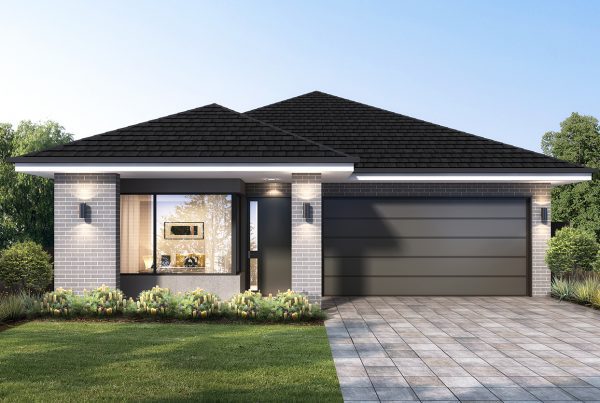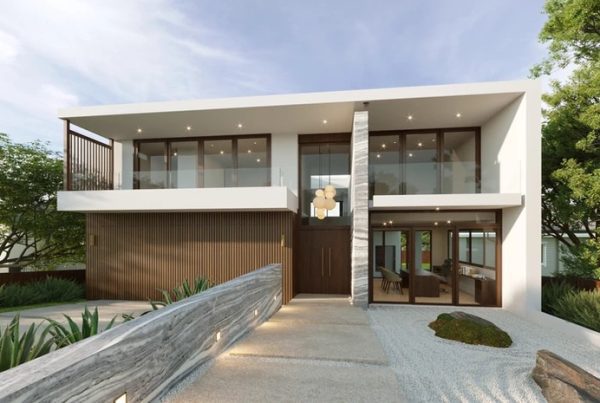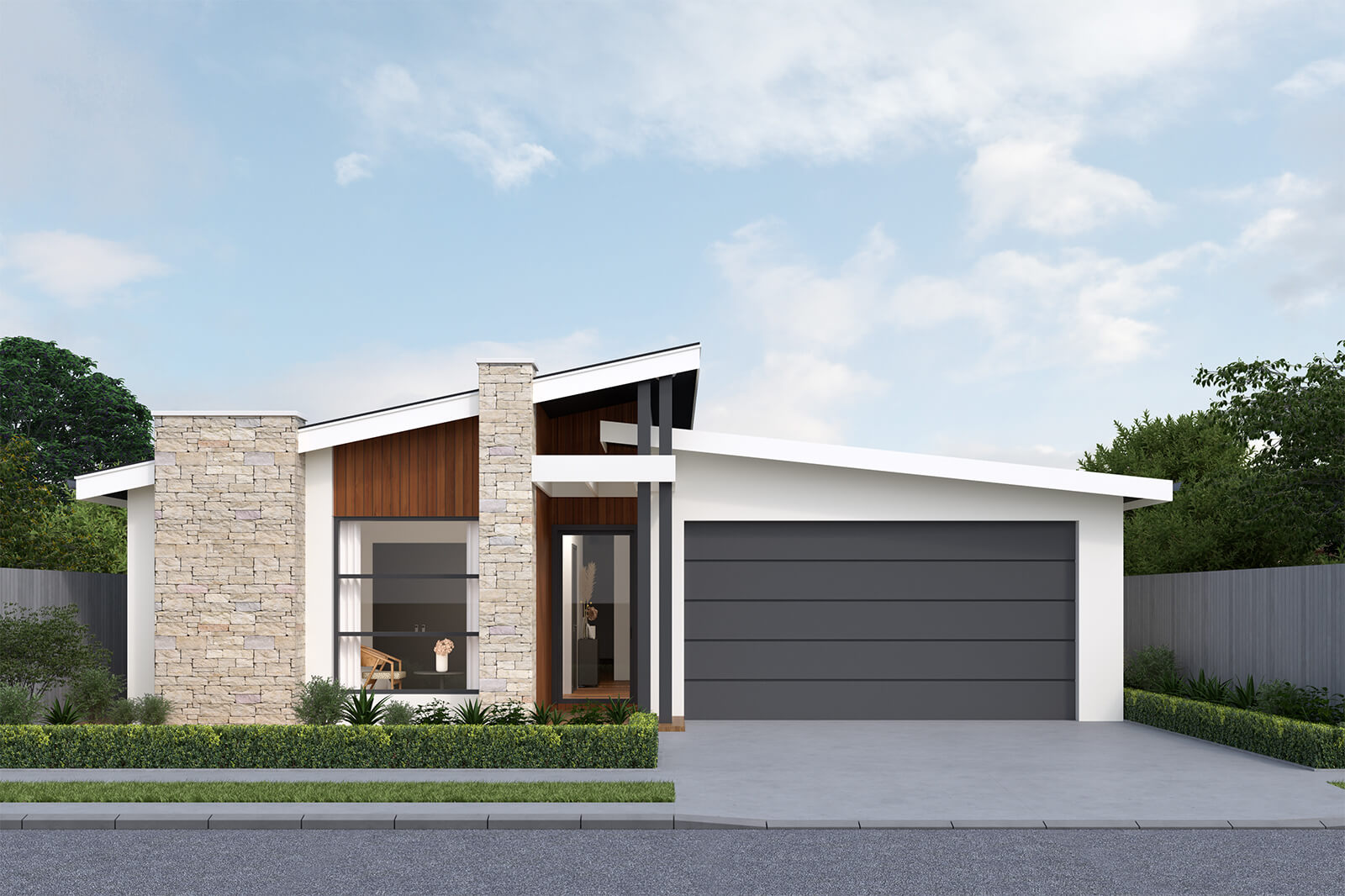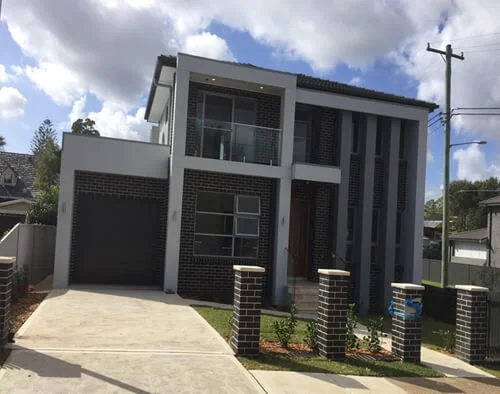What to Look for in an Open House: A Buyer’s Guide
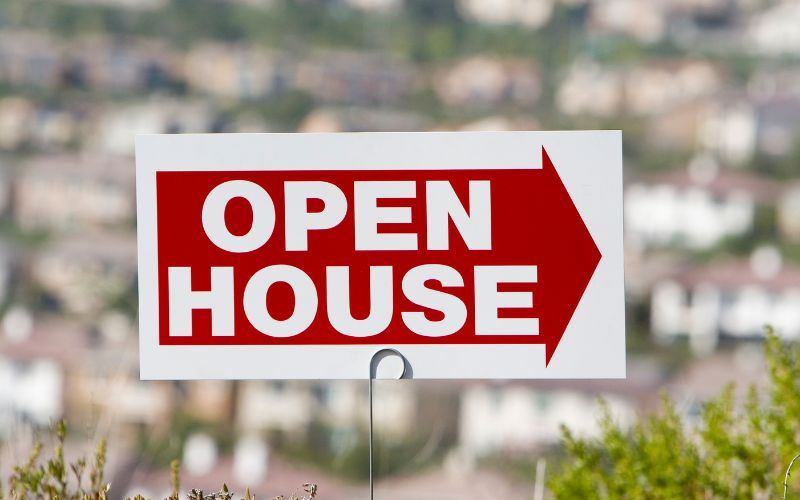
20 Feb 2025
What to Look for in an Open House: A Buyer’s Guide
Imagine coming inside what may be your future house. Perfect seems to be the fresh aroma of polished wood, the sunlight streaming through exquisite windows, and the cosy, inviting environment. But is it truly as such?
Attending an open house serves more than merely appreciating the décor. Determining the actual worth of a property depends on this vital stage. Though initial impressions count, there is plenty more to discover beyond the modern furnishings and new paint.
This blog will guide you on what to look for in an open house, ensuring you are well-informed before making a decision.




 Investigating choices with Sydney's best home builders can help you decide whether you want to create your ideal house rather than purchase. Custom-built houses provide you total control over design, layout, and utility to fit your way of life.
Investigating choices with Sydney's best home builders can help you decide whether you want to create your ideal house rather than purchase. Custom-built houses provide you total control over design, layout, and utility to fit your way of life.
Understanding the Open House Experience
Entering an open house may be really thrilling. You could start seeing family dinners in the dining room, lazy weekends in the living room, or morning coffee on the balcony. Beyond the manufactured furniture and new paint, though, how can you find out if this property is really the right one for you? An open house offers an opportunity to evaluate the actual condition, usefulness, and worth of the house, not only about appearances. It's about seeing any latent problems that may compromise your investment and pasting past appearances.
Looking Beyond Aesthetics: The Real Value of a Home
Any property will appear like a dream home with a fresh coat of paint and well-placed décor. Underneath the surface, though, there can be expensive problems hiding—ones that would not be readily apparent on a brief tour. Many times caught in the thrill of an open house, buyers see their future existence in the place. However, it's important to remain objective and approach the viewing with a critical perspective. Is the house a beautifully staged setting covering underlying maintenance issues, or is it really move-in ready? You can make sure you are making a wise investment instead of an emotional one by thoroughly examining the property, posing appropriate questions, and looking past superficial improvements. Let me now discuss the main points of interest you should check throughout your trip.First Impressions Matter – But Don’t Be Fooled
The seller and their realtor have probably set the house to make it as enticing as they could have when you enter an open house. Though the lovely furnishings and décor are supposed to evoke emotions, it's important to pay close attention to the house's bones. Ask yourself:- Does the house have good natural lighting?
- Are the ceilings too low or rooms too small for your needs?
- Can you hear excessive noise from traffic or neighbours?

Structural Integrity & Maintenance Issues
Although structural issues can cost thousands down the road, aesthetic corrections are simple. Look out for:- Cracks in walls or ceilings: Although little hairline cracks are common, broad or zigzag fissures may point to major structural problems.
- Sagging ceilings or floors: Look for any uneven flooring in the house; this might indicate basic structural issues.
- Dampness or mould: Look for any uneven flooring in the house; this might indicate basic structural issues.
- Roof condition: A roof almost at the end of its life might be costly replacement. Search for indicators of water damage, missing shingles, or wear.
Plumbing and Water Pressure
A great bathroom or kitchen is useless if the plumbing isn't working as it should. Take time at the open house to:- Turn on taps to check water pressure.
- Flush toilets to see how they operate.
- Look under sinks for leaks or mould.
- Ask about the age of the water heater.
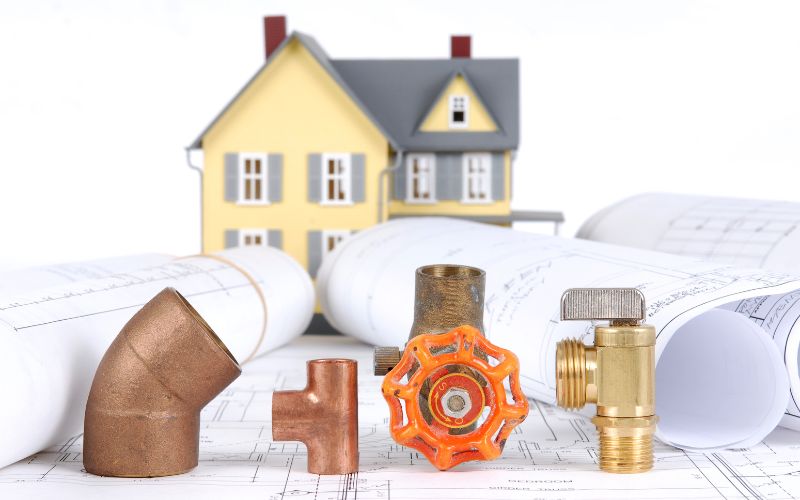
Electrical System & Appliances
Apart from being a nuisance, an old or defective electrical system poses a safety risk. Review these components:- Check the fuse box – Is it modern or outdated?
- Try light switches – Do they flicker or take time to turn on?
- Ask about wiring – Older homes may have outdated electrical work that needs upgrading.
- Test power outlets – Ensure there are enough and they are properly placed for your needs.
Layout & Practicality
Consider your way of life and whether the arrangement of the house meets your demands:- Is there enough storage space?
- Are bedrooms and bathrooms conveniently located?
- Is the kitchen functional and spacious?
- Does the house have enough natural light and ventilation?
Noise & Neighbourhood Vibes
While the open home might be quiet, daily living begs different questions. Here's how to assess the surroundings:- Check noise levels by visiting at many times of the day.
- Look for nearby highways, train lines, or flight paths.
- Check how close you are to neighbours – privacy matters!
- Walk around the area to get a feel for the neighbourhood’s vibe.
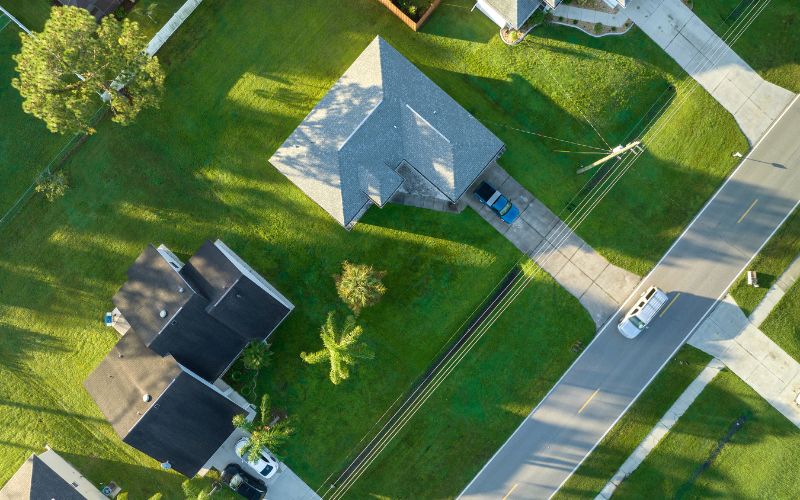
Storage, Parking & Outdoor Space
Think beyond the interior. Outdoor features and storage can make a huge difference:- Exists enough driveway or garage space?
- Are pantries and closets among the built-in storage spaces?
- If a backyard exist, is it useful for your purposes and kept well?
The True Cost of Ownership
Purchasing a house calls for more than just the initial outlay. Think about the extra expenses:- Property taxes and insurance
- Utility costs – Ask about energy efficiency.
- Potential maintenance expenses – Older homes often require more upkeep.
- Strata fees (if applicable) – Townhouses or apartments might have recurring charges.
Ask the Right Questions
A good open house tour is one in which one probes cleverly:- Why is the owner selling?
- How long has it been on the market?
- Have there been recent renovations or repairs?
- Are there any known issues with the home?
- What exactly is included in the deal (appliances, fixtures, etc.)?
Trust Your Instincts
At last, rely on your instincts. If something seem off, it is advisable to probe more. One of the largest purchases you will make is a house, hence never hurry to decide. Spend some time researching, then engage with experts who can help you through the process. Investigating choices with Sydney's best home builders can help you decide whether you want to create your ideal house rather than purchase. Custom-built houses provide you total control over design, layout, and utility to fit your way of life.
Investigating choices with Sydney's best home builders can help you decide whether you want to create your ideal house rather than purchase. Custom-built houses provide you total control over design, layout, and utility to fit your way of life.
Final Thoughts: The Next Steps
An open house is your opportunity to determine if a house is worth investigating. You will be better able to make a wise, educated selection if you know what to search for, ask the appropriate questions, and consider ideas beyond aesthetics. And don't let it discourage you if none of the houses you tour seem entirely appropriate. Achieving your ideal house sometimes requires purchasing land and collaborating with Sydney's best new home builders. Whether buying or building, knowledge is your best tool. Happy house hunting!latest posts


